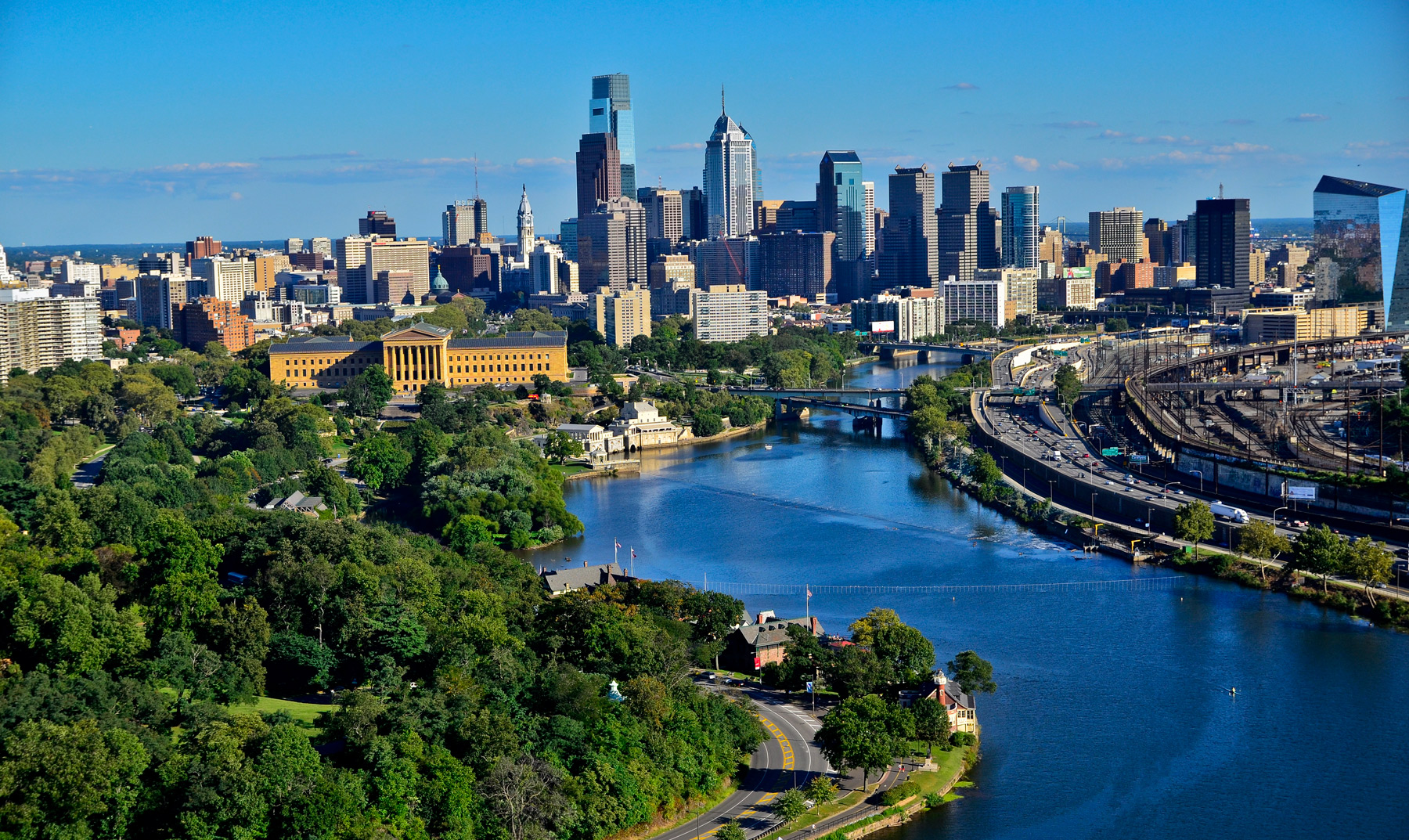Philadelphia's History Sector: Consolidate or Allocate?
A common theme over the past couple of weeks has been the state of Philadelphia’s cultural sector and nonprofits. Many of the @phillyhistory students discussed the various challenges facing these organizations, but this week we turned our attention to potential solutions.
 Image from Visit Philadelphia.
Image from Visit Philadelphia.
History System
The TDC’s 2009 report expressed “deep uncertainty about the ability of history institutions to achieve their missions in the face of increasingly limited resources and, at the same time, rising needs and expectations.” Their solution? “[I]nstitutions assume more focused and defined roles that, taken together, [will] result in collective success.” (1) In other words, allocate responsibilities to achieve collective efficiency.
I agree that many institutions lack the resources to adequately execute the various responsibilities of history institutions (collect, preserve, interpret, advocate, etc.), but what would such a system look like?
The TDC’s report reminded me of Frederick Miller’s 1983 article, “Documenting Modern Cities: The Philadelphia Model.” Miller looked exclusively at the city’s archival institutions and determined that Philadelphia served as a model city for historical documentation. “Historians and archivists in other cities,” Miller stated, “can benefit from the Philadelphia experience and help improve the quality of urban documentation.”(2) In summary, Miller argued that the Historical Society of Pennsylvania, the City Archives, and Temple’s Urban Archives each promoted a different historical focus (cultural, political, social), and their distinct administrative approaches preserved archival materials from practically every period in the city’s history.
 Fred Miller (seated) in the Urban Archives at Temple University circa 1988. Image from Temple University Libraries.
Fred Miller (seated) in the Urban Archives at Temple University circa 1988. Image from Temple University Libraries.
Although the TDC’s “history system” would ideally distribute historical functions and not topics, I think the premise is the same. The more institutions that can better concentrate their time and resources on specific tasks will result in a healthier Philadelphia history sector.
History Center
In the 1990s, the Historical Society of Pennsylvania proposed the idea of a History Center in Philadelphia that would “address the pressing need for a single, strong, highly visible institution that collects, preserves, interprets, and makes accessible the full range of Philadelphia’s rich historical holdings.” (3) Perhaps the Philadelphia version of the National Museum of American History?
While this planned had the right intentions, I would be afraid of consolidating “interpretive power” in a single institution. That would seriously threaten the diversity of Philadelphia’s extended history. It’s slightly discouraging to consider a single institution responsible for Philadelphia’s collective memory. Memory politics will always be controversial, and I think the recent Confederate monuments debate proves that more voices in those conversations results in more meaningful dialogue. A History Center would not prevent other institutions from contributing to Philadelphia’s collective memory, but the Center’s name recognition would predictably be more accessible and have the larger voice.
Conclusion…?
I guess my analysis ends with the all too familiar conclusion--the endorsement of a theoretical framework (history system) but with no viable solution. But what aspects of a “history center” am I missing? Can a single institution "provide a panoramic overview of Philadelphia's past and an experience of history that is engaging as it is informative"? Is the Smithsonian a responsible caretaker of the nation’s collective memory?
Resources:
- Building a Sustainable Future for History Institutions: A Systemic Approach, (TDC: Boston, MA: 2009).
- Fredric Miller, “Documenting Modern Cities: The Philadelphia Model,” The Public Historian 5, no. 2 (Spring, 1983), 86.
- The Vision for a History Center in Philadelphia, 1996.
100% of the SBD rewards from this #explore1918 post will support the Philadelphia History Initiative @phillyhistory. This crypto-experiment conducted by graduate courses at Temple University's Center for Public History and MLA Program, is exploring history and empowering education. Click here to learn more.
I agree with your concerns about the history center. A better solution is perhaps what the Independence Visitor Center is, a starting point to direct tourists to various cultural institutions. The problem there is certain organizations get preferential treatment.
An excellent summary and set of questions about theory versus practice. If it's true that
But do these institutions need to actually join together? Or could they remain separate, functioning healthily as a consortium or a confederation? That might allow for a more robust ecosystem for "memory politics."
What would a "critical mess" of institutions and programs look like? And would we want that?